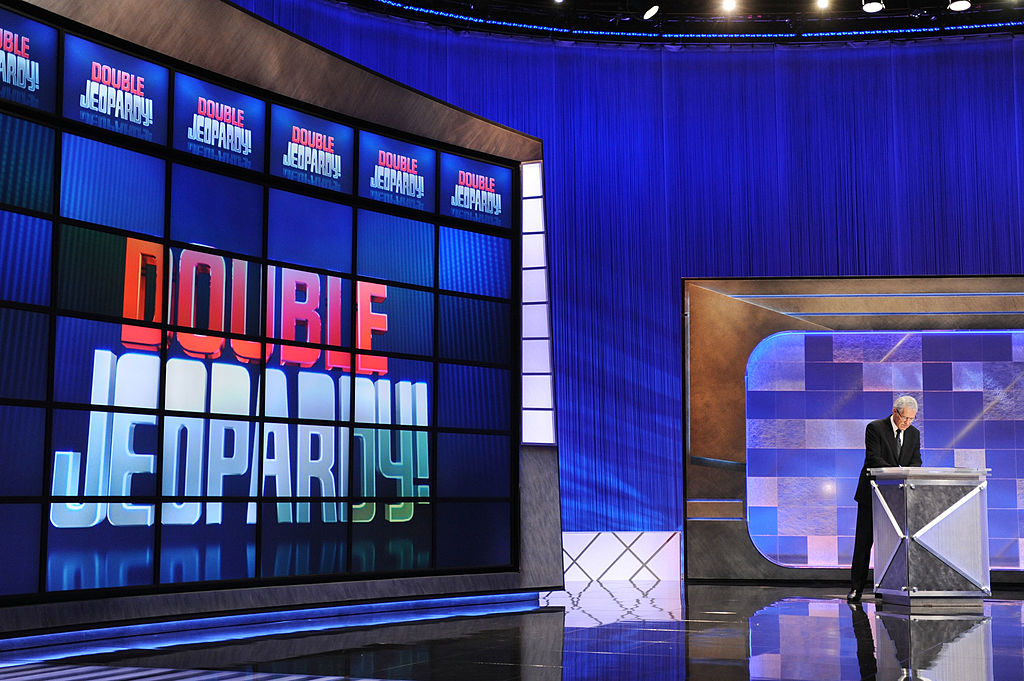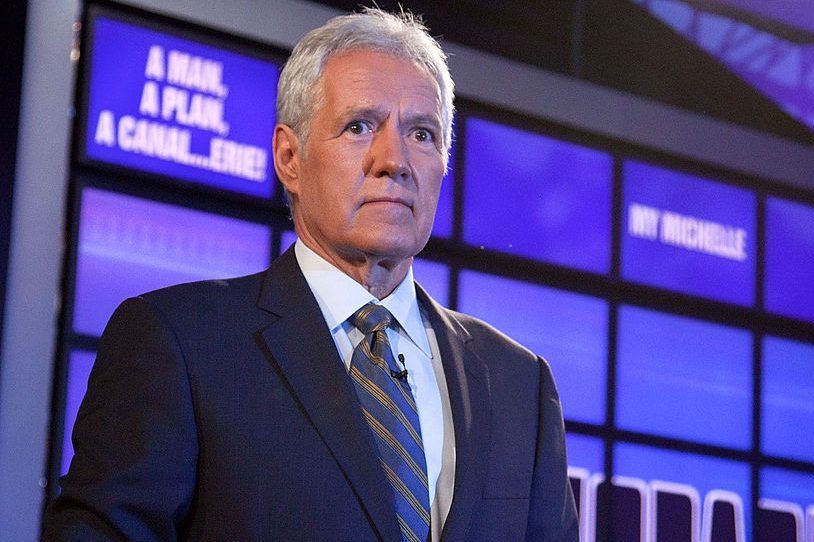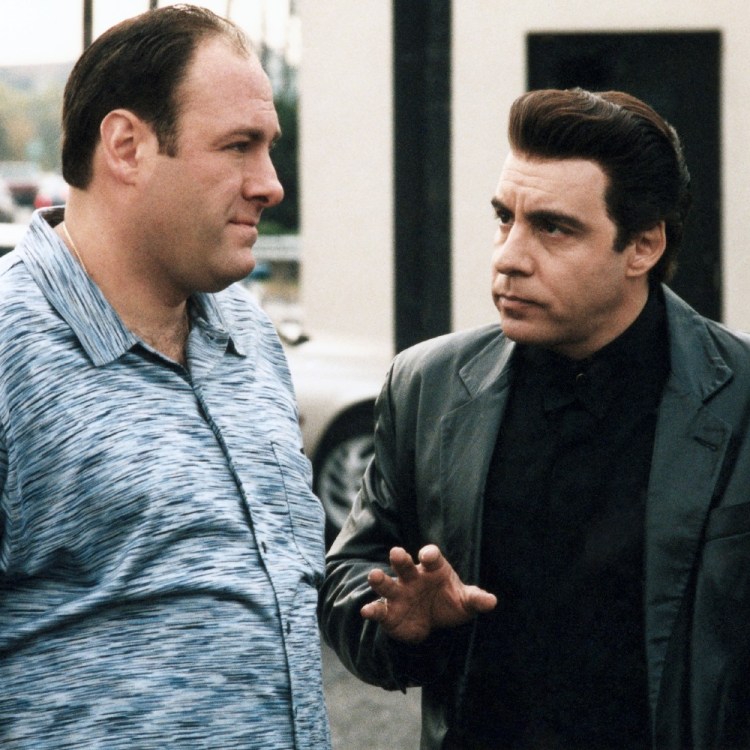Americans have loved Jeopardy since Merv Griffin’s game show made its debut on NBC on March 30, 1964. But they especially love it when a player is on a hot streak, and few contestants have been en fuego quite like James Holzhauer on his current run. Since early April, Holzhauer has won 22 games in a row and nearly 1.7 million dollars, one of the great streaks in the show’s history.
On average, more than 10 million Americans tune in to the quiz show per week. While that figure is markedly lower than the number of viewers who tune in to watch a single episode of Game of Thrones, it’s still a testament to how captivated we are with the program despite its lengthy run. That captivation reaches a fever pitch when a contestant like Holzhauer or Ken Jennings before him goes on a lengthy winning streak, racking up “Daily Doubles” and droves of dollars.
Consider, during Holzhauer’s current win streak — which he has the chance to continue next week once Jeopardy’s annual Teacher’s Tournament is finished — the show has had its best ratings in 14 years and has been the most-watched syndicated program in the country, displacing perennial ratings champ Judge Judy.

So what is it exactly about a quiz show we already know all the answers to and a run like Holzhauer’s that Americans find so compelling?
“I think one of the primary ones is that it allows people to engage in a competition of intellect, from the comfort of their own home, their own living room, sitting on the couch,” Shaun Young, an adjunct professor at the University of Toronto and the editor of Jeopardy and Philosophy: What is Knowledge in the Form of a Question? tells InsideHook. “They can compete with the people who are actually competing on the show, as well as any of their family members, friends, etcetera, who may be sitting in the room with them. So it provides that opportunity for that type of, hopefully, friendly competition. And I think there’s probably an element in many of us, if not all of us, about testing our own level of knowledge and intellect.”
The categories which producers pick for contestants to select from also plays a role in Jeopardy appealing to the intellectual everyman in ways other long-running game shows like Wheel of Fortune or The Price Is Right do not.
“The variety of topics is one of the other attractive elements of the show. They are so diverse that it’s likely there will always be something somebody will have some knowledge about. There’s something for everyone basically,” Young says. “It is a completely knowledge-focused show for people who have, throughout the course of their lives, acquired knowledge. People who are more well-read in some sectors, better-educated or have a greater amount of education are likely to find the show more interesting and more attractive. And of course, from a practical standpoint, are more likely to be more successful in terms of being actual contestants on this show.”
Viewers also love to tune in when a contestant like Jennings or Holzhauer is going on a run because they envision themselves being able to do the same given the chance.
“That is one of the strongest attractions of the show itself,” Young says. “While watching in their living rooms, many viewers undoubtedly at some point think ‘Well, you know, I could do that. I would’ve won that episode had I been one of the contestants.’ Also, the idea that somebody is going to have that type of breadth and depth of knowledge and can pull off a winning streak like [Jennings} did, I think is quite challenging in terms of somebody being able to do that. So it becomes like viewing a sports game or series, When somebody starts down the road and they start being successful it’s like, ‘Okay, let’s see how far this individual can go — how successful can he or she be? How many games are they gonna be able to win? What’s gonna be the total mass amount of winnings?’ And so I think it is somewhat of a snowball effect in that respect, as well.”

The inclusionary nature of the show and the way a winning contestant like Holzhauer has to start from $0 with no discernible advantages over his opponents each time he steps onto the show’s set also fits into the broader context of American values.
“Anyone with an interest in participating has the opportunity to do so. So in that respect, philosophically, it’s very attractive from the standpoint,” Young says. “From a liberal philosophical perspective, we try to assign equal opportunity to all individuals and treat everyone with equal respect and concern. It seems for me, at a very macro level, conceptually, that the show does that. And I think that for most of us, certainly in Western liberal Democratic nations, that’s what we would certainly hope for … that there’s an equal opportunity for us to do to be able to do what we want to do.”
Perhaps that’s one of the reasons the show hasn’t been a success in places where inclusion and freedom are not necessarily prioritized.
“It’s really, only in the U.S. in particular and Canada, where it’s really been as successful,” Young says. “They’ve tried spin-offs and doing it in other nations in their home languages and so on and so forth and it’s just never succeeded. So, as I said, it’s really only in North America where it’s had the impact that it has had.”
Of course, that could also be because there’s only one Alex Trebek.
As former champion Jennings put it in a 2014 piece for Smithsonian magazine, Jeopardy “is an oddity, beamed into your home every night from an eggheaded, alternate-reality America where television never dumbed down … The show has become shorthand for ‘smart.’”
We don’t always act like it, but apparently, intelligence is still something Americans value, and that’s a good thing. No question about it.
This article appeared in an InsideHook newsletter. Sign up for free to get more on travel, wellness, style, drinking, and culture.



















